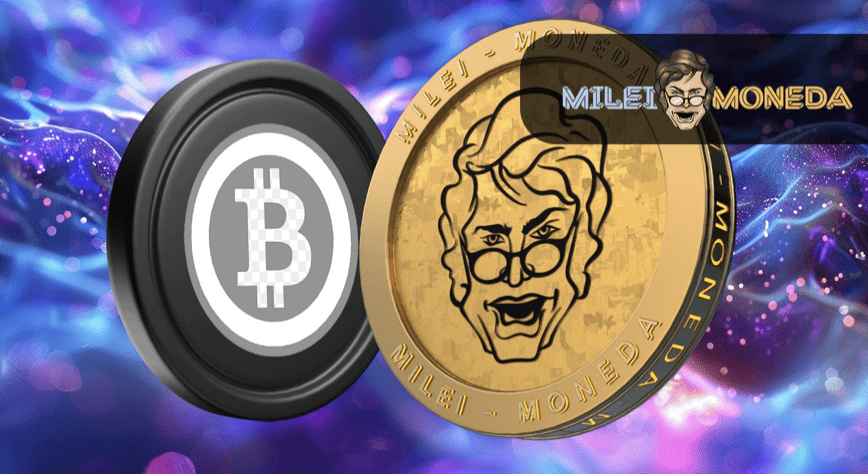Radical Markets: Uprooting Capitalism and Democracy for a Just Society is the title of the new book from co-authors Eric Posner and Glen Weyl which take a pro-market angle viewpoint whilst arguing that price mechanism is invaluable tools for allocating resources and building healthy societies.
The book has brought in a lot of fans, most notably the creator of Ethereum Vitalik Buterin. Buterin has seen “multifaceted and plentiful” connections between the book’s ideas and the goals of his smart contract platform. Both Weyl and Buterin have worked together on papers and spearheading the book's ideology.
In an article for Breakermag, David Morris writes on this and says that he and Weyl first met in New York, “we discussed the ideological differences between the bitcoin and Ethereum, the doldrums of liberal democracy, and how to move global economic thinking forward. Our conversation has been lightly edited for length and clarity.”
Morris goes onto to ask Weyl several questions including his role at Microsoft and his book. But we’re going to take a look at some of the answers Weyl gave that especially interested us.
To start with Weyl was asked what his role at Microsoft is, to which he responded, “I’m a researcher, and I have freedom to do what I want to do. I do try to make sure I’m adding value to Microsoft in some ways, so my job is tenable.”
Next, Morris asked Weyl what the specific connection is between Radical Markets and Ethereum?
“A lot of people got into this blockchain world because they want to have a more decentralized structure for technology. That was the intention with which the web began, and that didn’t quite work out. A lot of people have the feeling that it’s hard to achieve that with superficially decentralized systems, without going several steps down the game tree, to how you set things up.”
Weyl goes onto say:
“So the book is not really about blockchain at all. It is about the question of what mechanisms can lead to sustainably egalitarian and decentralized societies. I think a lot of people have come to feel, if they want decentralization to be sustainable, these mechanisms might be as important as blockchain technology itself. And that got reinforced by the crypto crash. Often, when a bubble pops, there are religious revivals, because people feel they’ve strayed from their values and they’re being punished by God.And I think people in the [blockchain] world feel like they’ve strayed from their egalitarian values and they’re being punished by the gods of decentralization. The book’s ideas are built on this anti-speculation, anti-private property, pro-community values. That appeals to a lot of people who have thought: “This is the true path from which I’ve strayed. I should return to it.”
Thirdly, Morris said that there is a really substantial portion of economic discourse in crypto, too, is clustered around radical free marketeers like von Mises and Hayek. To this, Weyl responded “in Bitcoin-land. I think Ethereum is different. In fact, I really think it’s bitcoin versus everything else. I think the Ethereum style of discourse is the most common, outside of bitcoin.”
Last but not least, Morris asked what Weyl would say to people who conform to that radical libertarian stance?
“I think if you start at Milton Friedman, there’s roughly two directions you can go. You can say, I absolutely believe in private property, that’s my first principle. And I think then you’re inevitably led down the neoreactionary path, if you just follow the logic.”
What are your thoughts? Let us know what you think down below in the comments!
Investment Disclaimer








